Girls freed from Boko Haram in Nigeria can face further detention and abuse by military, Amnesty report finds
Share
Explore Our Galleries
Breaking News!
Today's news and culture by Black and other reporters in the Black and mainstream media.
Ways to Support ABHM?
By Stephanie Busari, CNN

Girls and young women freed from Boko Haram terrorists in northeast Nigeria continue to suffer severe hardships, including unlawful military detention, neglect, and inadequate support to start over, according to a new Amnesty International report.
While protracted military detention has decreased recently, the report released Monday noted that many women still experienced mistreatment.
Titled, “‘Help us build our lives’: Girl Survivors of Boko Haram and Military Abuses in Northeast Nigeria,” it probes how girls and young women have been abducted, forced into marriage, and subjected to sexual violence by Boko Haram.
Survivors recounted giving birth to children fathered by Boko Haram fighters, often when they were still minors themselves. One young woman revealed that she twice witnessed Boko Haram members execute women who had taken contraceptive pills.
Based on 126 interviews with women and girls aged between 12 and 48 years old, including 82 who survived being abused while children, the report details the atrocities carried out by Boko Haram. The interviews were conducted between 2019 and 2024 in northeast Nigeria, with the majority undertaken in the past year.
Amnesty has contacted several global partners about its findings, including the office of the prosecutor of the International Criminal Court, urging it to investigate “crimes under international law committed by all parties during the conflict in north-east Nigeria.”
Amnesty researchers say they spoke to nearly 50 girls and young women who escaped Boko Haram and found their way to government-held territory, risking their lives and those of their children in the process.
However, their horrific experiences at the hands of their captors were further compounded by the hardship they faced once they regained their freedom.
“These girls, many of whom are now young women, had their childhood stolen from them and suffered a litany of war crimes and other human rights abuses. They are now showing remarkable bravery as they seek to take control of their future,” said Samira Daoud, Amnesty International’s regional director for West and Central Africa.
Find more Breaking News here.
Explore our virtual exhibit galleries here.
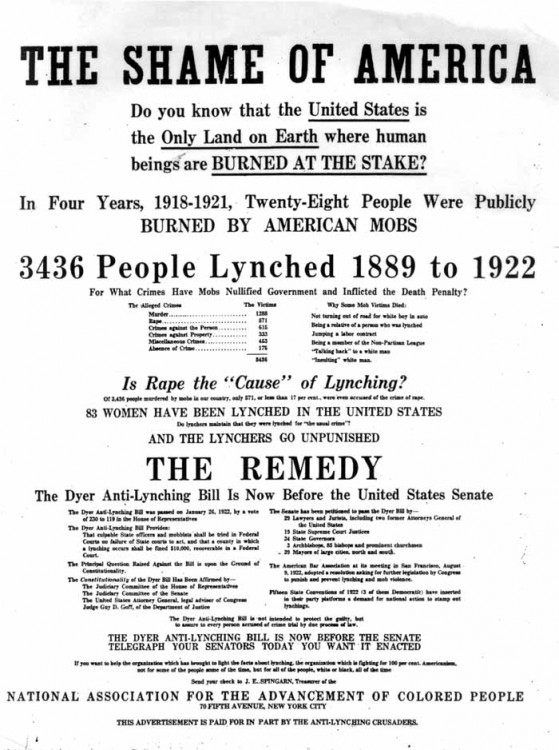
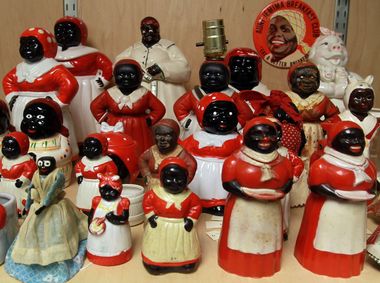
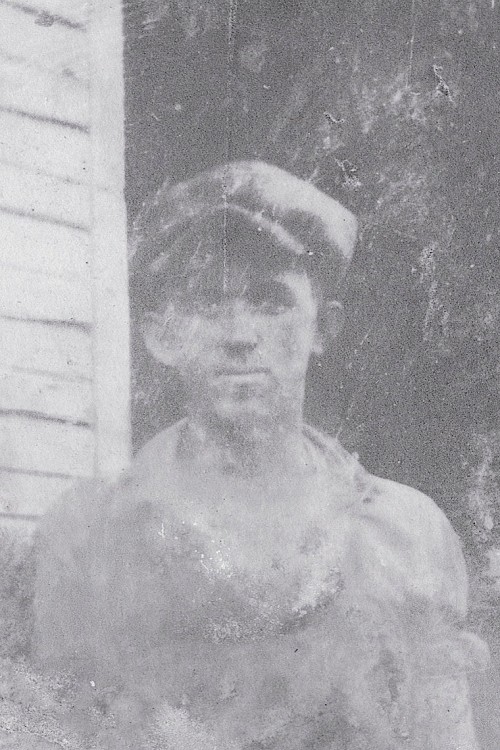
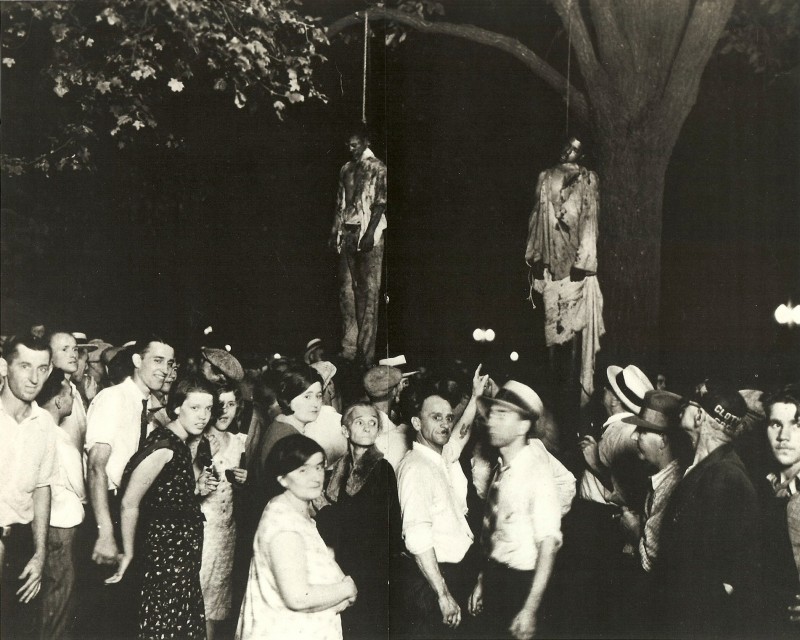
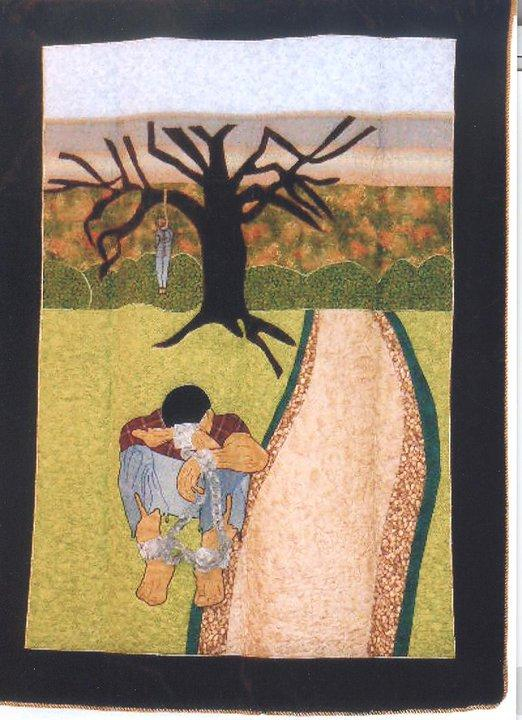
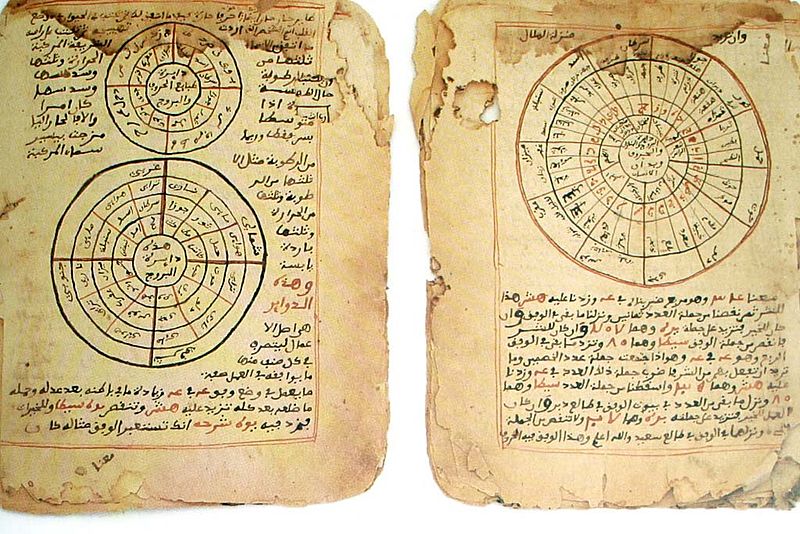
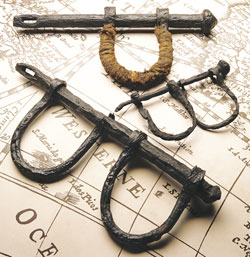


Comments Are Welcome
Note: We moderate submissions in order to create a space for meaningful dialogue, a space where museum visitors – adults and youth –– can exchange informed, thoughtful, and relevant comments that add value to our exhibits.
Racial slurs, personal attacks, obscenity, profanity, and SHOUTING do not meet the above standard. Such comments are posted in the exhibit Hateful Speech. Commercial promotions, impersonations, and incoherent comments likewise fail to meet our goals, so will not be posted. Submissions longer than 120 words will be shortened.
See our full Comments Policy here.